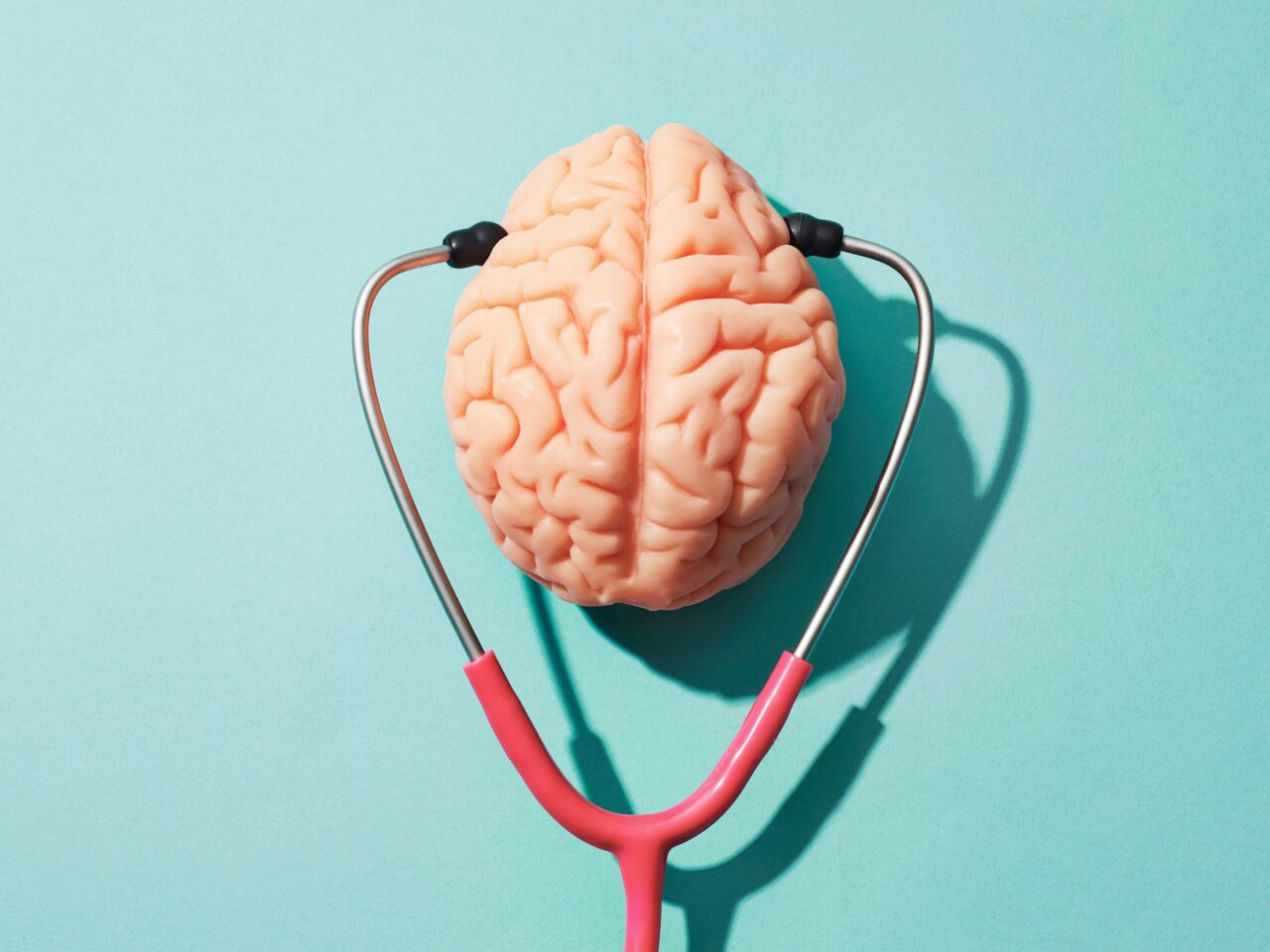
The pandemic and related containment measures in 2020 have dealt a blow to our health, not only because of the virus and related health problems, but also because of the consequences on our psychological well-being.
In fact, during the months of lockdown, in Italy and elsewhere there has been an increase in depressive symptoms, anxiety, sleep disorders, perceived stress and adjustment disorders, as well as post-traumatic stress syndromes. But did the malaise of this period then have consequences? In the period immediately following the lockdown, was there relief or did the symptoms remain or even worsen?
A study published in Acta Psychologica and conducted by researchers from Scuola IMT Alti Studi Lucca and Intesa San Paolo's Innovation Center tried to answer these questions. "The research showed that while the majority of the population saw relief even on a psychological level after the end of the lockdown, around 15 per cent of the sample analysed continued to present critical values of psychological stress, 2 per cent significant symptoms of stress and more than 5 per cent exceeded the critical threshold for post-traumatic stress disorder, which involves a very intrusive and troublesome symptomatology in daily life," explains Maria Donata Orfei, psychologist and researcher of the research unit MoMiLab - Molecular Mind Laboratory research unit at the IMT School.
The study then highlighted that risk factors are related to gender and age. "Women and younger people are the most at risk and most likely to develop manifestations of psychological distress and workaholism, i.e. the syndrome of work addiction, in this case accentuated by forced home working with extended working hours not justified by production needs," Orfei continues. "These data are confirmed by the world literature and are perhaps due to the fact that young people tend to have a greater susceptibility to major emotional stress than the older population. As far as women are concerned, there has certainly been an exasperation of the double social role with home working, which has imposed an even more acute overload for family care".
The research focused on Italy in the period between June and October 2020, investigating 'the presence of major and minor signs of psychological distress in the immediate post-lockdown pandemic phase, demographic and psychological risk factors, and the repercussions of prolonged home working on psychological balance', as the study states. The researchers had a sample of 1401 men and women aged between 24 and 66 years. "The questionnaires used on the sample are present in the literature and the Italian version we used is internationally validated, which makes our results quite reliable," says Orfei. "We investigated the affective and psychological state, the emotional reaction, the emotional adjustment of people and in particular signals of low mood, anxiety and stress, even subtle ones. We used a scale widely used in Covid studies to detect the presence of post-traumatic stress symptoms, and another scale to assess work addiction."
"The pandemic has had an absolutely devastating effect, it is estimated to have brought out problems of anxiety, depression, substance abuse, and addiction by at least 25 per cent," adds Pietro Pietrini, psychiatrist and professor of clinical biochemistry and molecular biology, director of the MoMiLab at the IMT School. 'We are social beings, we are social animals, we need to be with others. Here we return to the issue of the effects of the pandemic: the person who is excluded from the group, whether a physical group or a virtual group, suffers."
In their study, the researchers from the School and the Innovation Centre point out that the data obtained "can contribute to developing effective intervention strategies of psychological support for the general population". The survey also yielded indications of what the preferences are in terms of the working environment. "The respondents would prefer a mixed model of working between home and office. As a roadmap, we can suggest to companies to make the return a little smoother, possibly aiming for mixed models. People want to go back to socialising, they want to go back to the office, they want to have contact with colleagues again, but in a more structurally mixed model, avoiding abrupt changes in the work system as well,' Orfei explains.
The need to design interventions to help those who have been psychologically affected by the pandemic and others is finally even more evident when looking at the data concerning the so-called 'Psychologist Bonus', a contribution allocated by the government to support expenses for psychotherapy sessions. After only two days since its launch on 25 July, more than 100 thousand people have applied for it, according to the INPS, compared to the 10 million euros available and sufficient for around 16 thousand.